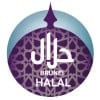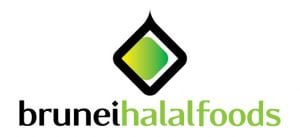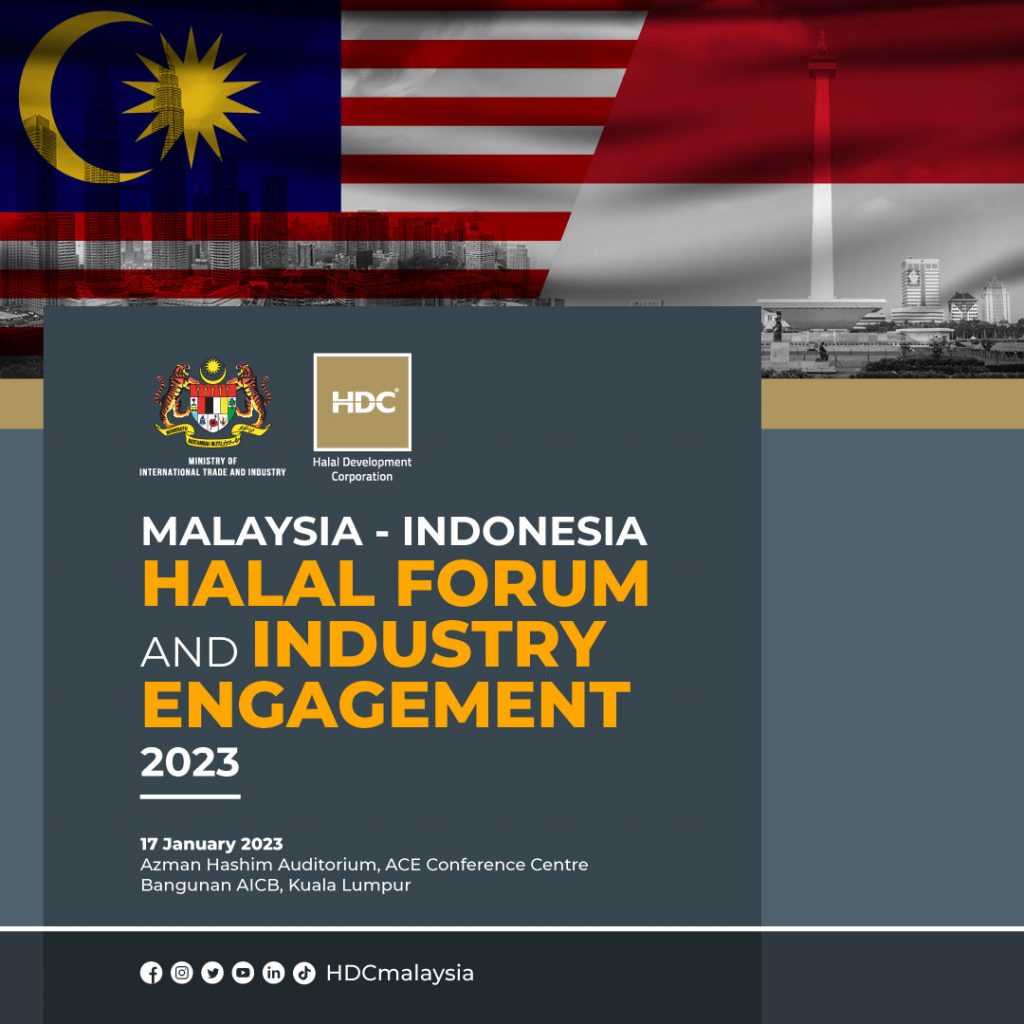Bandar Seri Begawan – Recognition and acceptance of the Brunei Halal
brand would happen faster if the seal’s owner works with Islamic
organisations in the region, speakers at the 11th ASEAN Food Conference
said yesterday.
Zuraini Mat Issa and Haslenna Hamdan, lecturers at Universiti Teknologi Mara in
Malaysia’s Terengganu, raised the issue of regional collaboration that supports halal branding in an interview with
The Brunei Times on the sidelines of the Association of Southeast
Asian Nations (ASEAN) conference hosted by Brunei. At the event, they
presented a paper on “Determining The Purchasing Decision Among Muslim
Consumers For Processed Halal Food Products”.
`Organisations like the Islamic Food and Nutrition Council of
America (IFANCA) have their own logo and if Brunei Halal wants to
market its products to ASEAN countries, they should probably agree on a
specific logo for the region,” said Haslenna.
In her presentation, Haslenna said current estimates put global
sales of manufactured halal food at approximately US$347 billion per
year as there is an increasing Muslim population, a trend that is
fuelling demand for halal products worldwide.
“Muslim consumers nowadays are more aware of the ingredients in
foods, making them more selective in choosing foods that they want to
purchase and consume. Thus, food producers need to cater to the demand
by providing genuine and clear information on the packaging of the
processed food products,” she said.
In her presentation, she cited a study which revealed that the logo
displayed on the packaging would influence consumers to purchase any
processed food products and that consumers are more concerned with the
halal logo. Some Muslim consumers trust the halal logo more than those
indicating an ISO or similar certification.
‘A few reasons that contribute to consumer concerns include the
inconsistency of definition of halal on the aspect of slaughtering of
animal, the introduction of halal logo by individual firms, the use of
Arabic or Islamic brand names and the rampant display of Quranic
verses,” she said.
Haslenna said in the interview that in regard to halal food in
Brunei, the Ministry of Religious Affairs is the enforcing authority
which is a trustworthy one.
Zuraini said: “The times are changing so people are becoming more
exposed to processed foods as they have less time on their hands which
contributes to the (increased) demand.”
Haslenna explained that food producers want to cater to Muslim
consumers because doing so allows them to reach both Muslims and
non-Muslims with their halal products.
This leads to some producers using the halal logo improperly,
endangering consumers so, a brand like the Brunei Halal can give
consumers a trustworthy product, she added.– Courtesy of The Brunei Times



